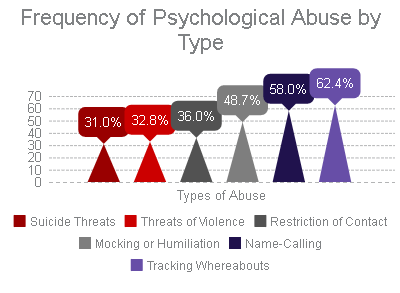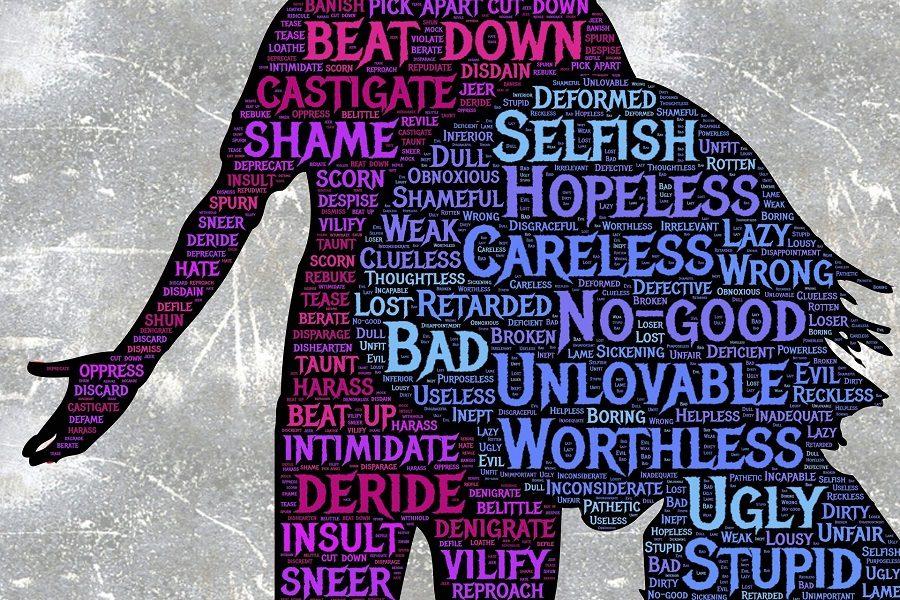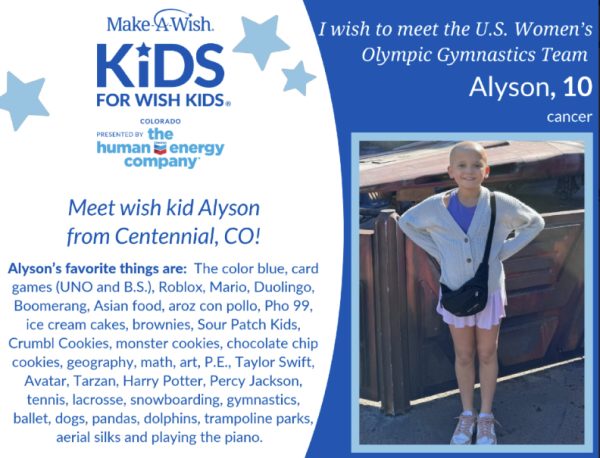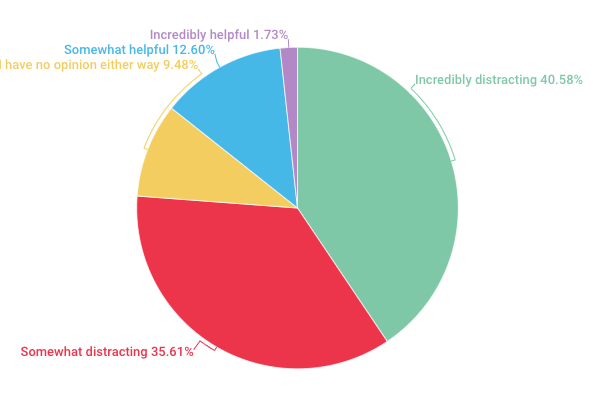Staying in Control: Identifying Abusive Relationships
February 10, 2017
Abuse is a topic which many people tend to avoid. As these people would argue, between school, work and the countless unexpected obstacles that might arise, there is enough to worry about without having to wonder whether or not their personal relationships are healthy. Because of this, high school students may fail to notice key signs that a significant other is too overbearing.
Most often, the word “abuse” brings to mind physical mistreatment, as in cases of domestic violence and sexual assault; however psychological abuse is a very real threat to people in relationships, both in school and in the outside world. A mental health professional, who has requested to remain anonymous, remarked that while psychological abuse is not rampant, it is still a problem. According to this professional, many abusers attempt to control aspects of their significant other’s lives: “Who are you talking to? Where are you going? I don’t like you hanging out with them.” Abusers may make an effort to restrict environments, friendships, jobs and behaviors that they do not like. These demands seem superficial, but they build up over time.
Several factors may determine how prone an individual is to being trapped in or creating an abusive relationship. An imbalance in the household can impress upon a child that unequal power is typical. Not all victims or abusers come from unbalanced families however. Most often, unhealthy relationships between teenagers arise due to lack of experience. Middle and high school are often when people start developing “serious” connections. Younger teenagers who are attempting a relationship for the first time lack a real comparison to their situation and might fail to learn what is and is not beneficial. In the words of the anonymous professional, “It can seem like a natural thing to be a part of, and it’s not.”
For further information and help, both for oneself and others, websites such as “Teens Experiencing Abusive Relationships” and “Love is Respect” offer statistics, warning signs and numerous hotlines. Reaching out can be incredibly difficult for victims of abusive relationships, often due to fear of ridicule or worsened conflict, but if one can overcome this obstacle, professionals can help with the rest.













